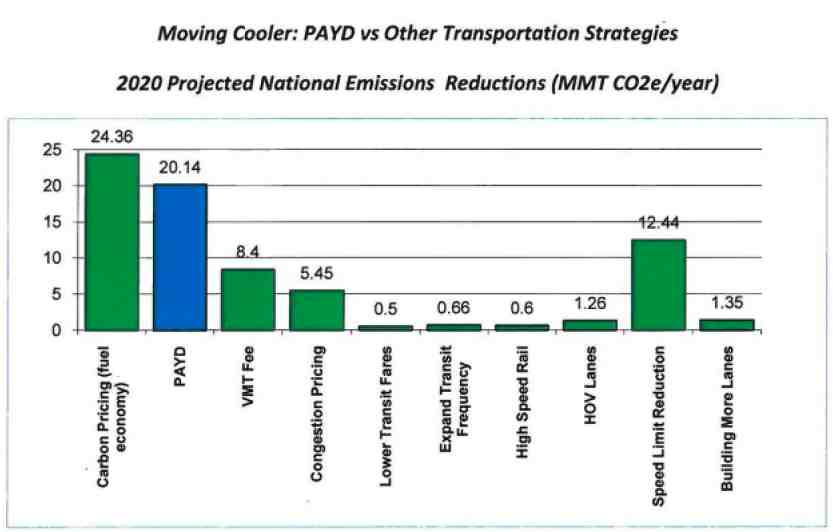In this election season, we're hearing a lot about reducing the role of the federal government. Letting the states decide the issues. Turning national legislation like Roe v. Wade back to the states. Even shuttering federal agencies like the EPA. The cry for smaller government runs through both Republican and Democratic campaigns.
But then you run into something as sensible as mileage-based auto insurance, which has lingered for years in state legislatures while people who don't drive much continue to pay up to 30% more than they should for insurance. Society suffers too: an effective economic incentive for driving less is lost so accident rates remain unnecessarily high and the environment suffers. Doesn't this seem like something that should have been federally mandated?
I'm not advocating a federal mandate that insurance companies offer Pay-As-You Drive (PAYD) -- I do believe in free markets -- but a mandate that states figure out how to adjust their labyrinthine insurance statutes to accommodate this potentially game-changing option. With a deadline.
Mileage-based insurance or PAYD was first explored in 1925. Since then, the issue has been studied and analyzed and reformulated dozens of times. With the advent of technology that would allow real-time mileage monitoring, the issue gained steam among environmentalists, social justice advocates and safety proponents, all of whom found remarkable benefits from PAYD.
And for a time, the federal government seemed poised to get involved. In 1998, the US Environmental Protection Agency sponsored an effort to examine concerns expressed about PAYD auto insurance. The idea was to explore a reformulation taking into account issues of pricing and availability in states whose statutes were created around time-based policies. In 2001, Texas, a state that had no statutory restrictions that would block PAYD, was the first to allow it. The major insurance companies also began to look seriously at the market, exploring the method that the monitoring would take and creating actuarial tables to help determine pricing.
I'd never heard of PAYD or mileage-based insurance until I read about it in a newsletter from Climate Solutions, a local environmental organization rallying support for legislation that would allow insurers to offer PAYD to Washington state drivers. Partnering with Transportation Choices, their goal is environmental improvement: the Brookings Institute recently estimated that if all motorists bought PAYD, driving would decline by 8% and CO2 emissions by 2%. PAYD is second only to carbon pricing in effectively reducing carbon from automobiles and far more useful than HOV lanes or congestion pricing:

?
Source: http://www.huffingtonpost.com/carol-pierson-holding/mileage-based-insurance_b_1214340.html
earthquake in texas earthquake in texas official time news 9 tuscaloosa tuscaloosa earthquake california
No comments:
Post a Comment
Note: Only a member of this blog may post a comment.